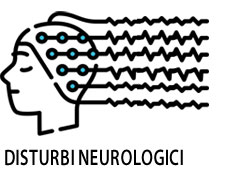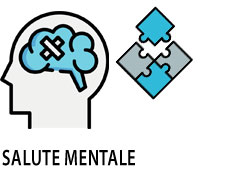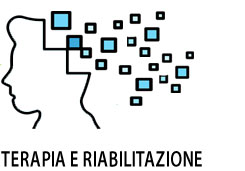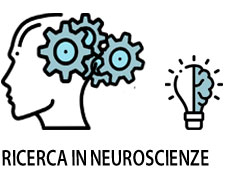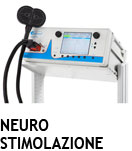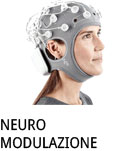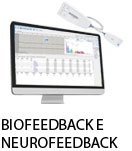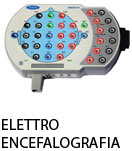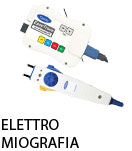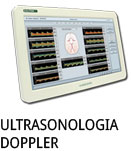- +39 011 5821948
- info@geasoluzioni.it
- Lun - Ven 8:00 - 17:30
Patient-Tailored, Home-Based Non-invasive Brain Stimulation for Memory Deficits in Dementia Due to Alzheimer Disease ( Copy)
- Abstract:
- Alzheimer's disease (AD) is an irreversible, progressive brain disorder that can cause dementia (Alzheimer's disease-related dementia, ADRD) with growing cognitive disability and vast physical, emotional, and financial pressures not only on the patients but also on caregivers and families. Loss of memory is an early and very debilitating symptom in AD patients and a relevant predictor of disease progression. Data from rodents, as well as human studies, suggest that dysregulation of specific brain oscillations, particularly in the hippocampus, is linked to memory deficits. Animal and human studies demonstrate that non-invasive brain stimulation (NIBS) in the form of transcranial alternating current stimulation (tACS) allows to reliably and safely interact with ongoing oscillatory patterns in the brain in specific frequencies. We developed a protocol for patient-tailored home-based tACS with an instruction program to train a caregiver to deliver daily sessions of tACS that can be remotely monitored by the study team. We provide a discussion of the neurobiological rationale to modulate oscillations and a description of the study protocol. Data of two patients with ADRD who have completed this protocol illustrate the feasibility of the approach and provide pilot evidence on the safety of the remotely-monitored, caregiver-administered, home-based tACS intervention. These findings encourage the pursuit of a large, adequately powered, randomized controlled trial of home-based tACS for memory dysfunction in ADRD.
- Patologie/Applicazioni:
- Anno:
- 2021
- Tipo di pubblicazione:
- Articolo
- Parola chiave:
- tES; stimolazione elettrica transcranica; tACS; stimolazione elettrica a corrente alternata; Alzheimer; memoria
- Testata scientifica:
- Frontiers in Neurology
- Nota:
- Il morbo di Alzheimer (AD) è un patologia cerebrale irreversibile e progressiva che può causare demenza (demenza correlata al morbo di Alzheimer, ADRD) con conseguenze fisiche, emotive e finanziarie non solo sui pazienti ma anche sui caregiver e sulle famiglie. Gli studi condotti sugli animali e sugli esseri umani hanno dimostrato che la stimolazione elettrica transcranica a corrente alternata (tACS) ha affetti benefici sui disturbi di memoria causati dall'AD. In questo studio si è sviluppato un protocollo di tACS domiciliare su misura per il paziente con un programma di istruzioni per addestrare un caregiver a fornire sessioni giornaliere di tACS che possono essere monitorate a distanza dal team di studio. I dati di due pazienti con ADRD che hanno completato questo protocollo illustrano la fattibilità dell'approccio e forniscono prove pilota sulla sicurezza dell'intervento con tACS domiciliare.
- DOI:
- 10.3389/fneur.2021.598135
Articolo originale su Frontiers in Neurology prdotti-stimolazione elettrica transcranica a corrente alternata
Hits: 659
La nostra storia
GEA soluzioni si affaccia nel 2013 al mercato della strumentazione medicale di alto livello tecnologico ma la sua storia parte da più lontano, clicca qui per approfondire.
GEA SOLUZIONI SRL
via Issiglio 95/10, Torino
Tel.: 011 5821948 / 011 4463853
Fax: 011 0433281
Email: info @ geasoluzioni.it
P. IVA IT11696920013
REA TO1233648

